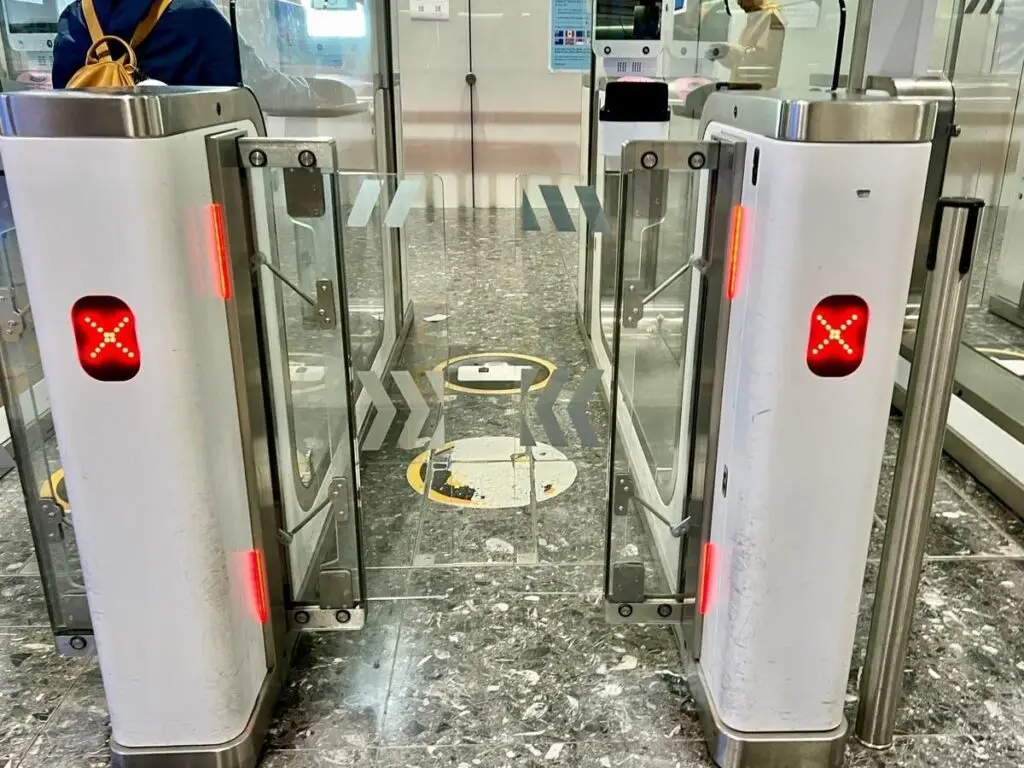The UK has introduced a new Electronic Travel Authorisation (ETA) system, aiming to streamline entry for many international visitors.
This new system affects a vast number of nationalities and is anticipated to impact airlines and tourism significantly.
Overview of the Electronic Travel Authorisation
The UK’s new ETA will apply to most international travellers by 2 April 2025. Even transit passengers changing planes must obtain it. Exceptions include British and Irish citizens, who won’t need such permission.
The cost is £10, and it remains valid for two years or until the passport’s expiry. While most travellers will require an ETA, some will need an eVisa instead. The government aims to use the ETA to prevent immigration system abuses, ensuring everyone has permission to travel before arriving.
Implementation and Expansion
The ETA scheme started with Qatari nationals on 15 November 2023. It then expanded to include Bahrain, Kuwait, Oman, Saudi Arabia, and the UAE, while Jordan was removed from the pilot scheme for undisclosed reasons. The programme will encompass non-European travellers from 8 January 2025 and will be mandatory for Europeans from 2 April 2025.
The process is straightforward: applicants can apply online through the UK government’s website or via an app, providing a photograph and answering several questions. Approval is usually given within three days.
Impact on Airlines and Travelers
Travel industry experts are concerned about the ETA’s impact on UK airlines and tourism. These experts argue that the rules will disadvantage UK airlines and make London Heathrow less competitive as a transit hub compared to European, Istanbul, and Dubai airports.
Paul Charles stated, ‘Taxing transit is tantamount to failure. Airports should be zones of ease, enabling seamless travel.’ Rob Burgess added, ‘Why would anyone pay £40 for a family of four to get an ETA purely to transit in the UK?’
Comparison with Other Systems
The UK government’s insistence on ETAs for all connecting travellers is unusual. Generally, transit passengers need only meet the requirements for their final destination. However, this will change as of April 2025, where non-British and non-Irish travellers will need an ETA even for connecting flights within Heathrow.
This policy contrasts with the US ESTA requirements. In the US, all passengers must clear Customs & Border Protection during transit. Still, the US does not rely on transit passengers to the same extent as Heathrow, thus making this policy potentially more damaging for the UK’s busiest airport.
Security and Immigration Control
The government argues that the ETA system enhances security by providing pre-travel information on visitors. This helps prevent entry by dangerous individuals, such as criminals.
Airlines and ferry companies must verify ETA status before boarding, failing which they may incur fines up to £2,000. UK Border Force will check the ETA on arrival and may ask additional questions. However, possession of an ETA does not guarantee entry into the UK.
Economic Implications
The financial impact on airlines and Heathrow Airport could be substantial. With approximately 30% of Heathrow’s passengers in transit, the ETA scheme may lead travellers to choose other hubs to avoid extra costs and paperwork.
A reduction in connecting passengers could also affect British travellers. Reduced volumes might result in fewer route options and higher fares as airlines adjust services based on decreased demand.
Government’s Standpoint
The Minister for Migration and Citizenship highlighted the economic benefits of tourism, predicting it will contribute over £32bn this year. The ETA rollout is intended to enhance security through technological advancements, creating a modern immigration system.
Government information cites eliminating transit loopholes as a reason for requiring an ETA. This aligns with the US ESTA scheme, although the implications for transit reliance differ significantly between the two nations.
The UK ETA system is poised to reshape travel regulations for a significant number of international visitors.
While intended to bolster security and streamline entry, its broader economic and operational impacts remain to be seen.


